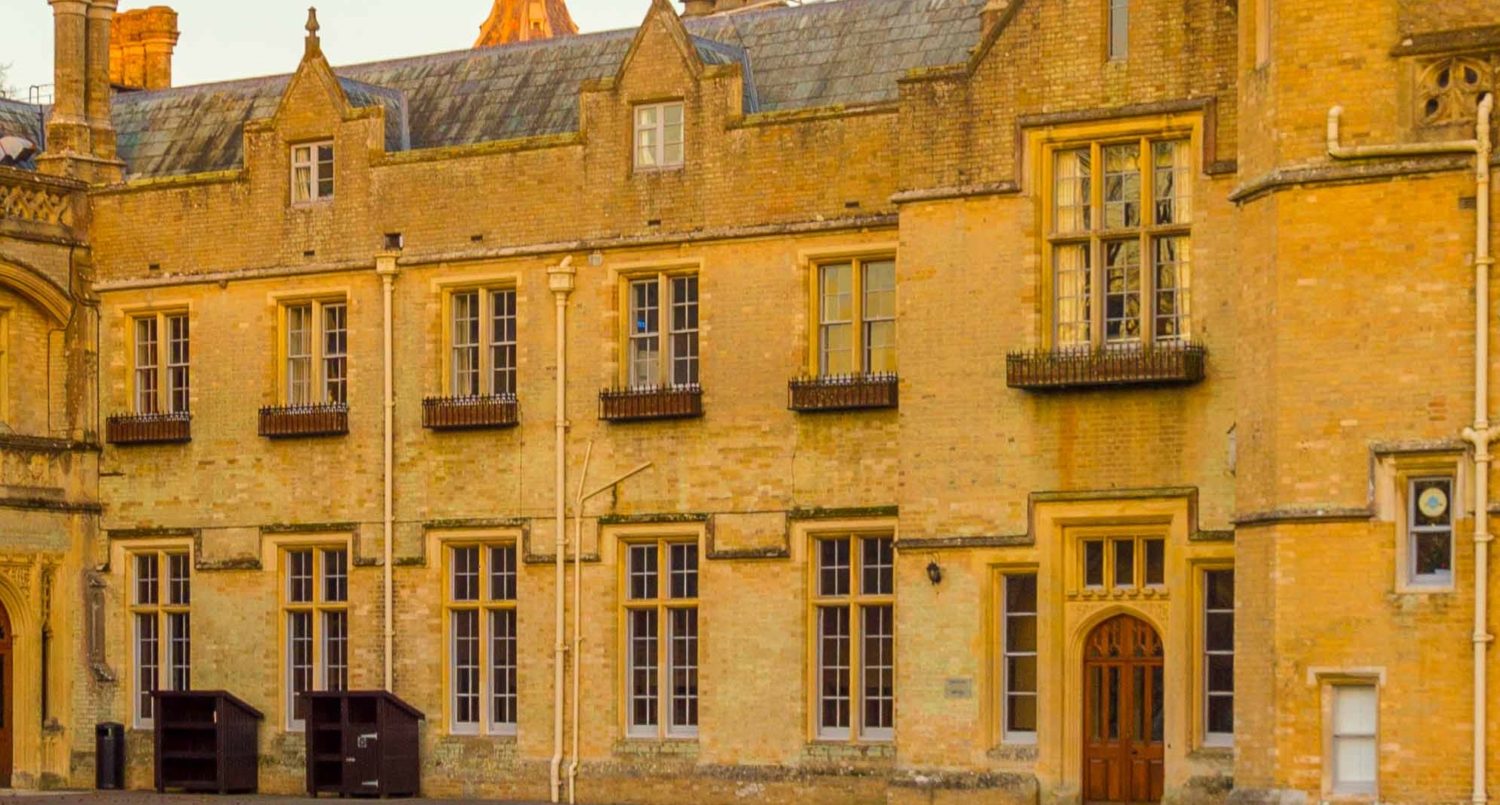For the privileged few
Let’s say it how it is. Private schools are holding our communities back, writes Karin Smyth MP.
Earlier this month, I took part in a debate at the Oxford Union alongside the general secretary of the Fabian Society, Andrew Harrop, on private schools and their impact on society. It was great to take part in this debate alongside the Fabian Society which does so much to further the cause of social mobility.
I was pleased to speak in favour of the motion that private schools are a public disaster because this is an issue which gets to the core of some of the problems facing our young people.
My longstanding opposition to private schools comes from a sincere belief that they are damaging to individuals and wider society alike. They deprive young people like those in my Bristol South constituency of opportunities, they help to create a more unequal society, and their very existence actively encourages the underfunding of our state schools.
Bristol is a vibrant city with two successful universities, yet fewer than 20 per cent of the young people growing up in my constituency go on to study in higher education. It is a chronic problem; of the other 649 constituencies represented in Parliament, none send fewer youngsters to university than Bristol South. This is a shameful situation, and one I am committed to reversing. It is also, in large part at least, a problem caused by the multiple private schools in and around Bristol; they damage state provision, and by dint of their very existence erect barriers that kids in south Bristol struggle to overcome.
While just seven per cent of all children attend private schools in the UK, they have dominated – and continue to dominate – the top positions in our society. Seventy five per cent of our top judges, 45 per cent of Conservative MPs, one third of FTSE 100 CEOs, more than 50 per cent of leading journalists and more than half of British Oscar winners attended private schools. This imbalance is not just wrong; it’s really unsettling. It’s not representative of our communities and this dominance of ex-private school pupils creates a significant opportunity gap for our state school students.
The prime minister has said on countless occasions that she wants to create ‘a country that works for everyone’. Yet, when this gets translated into public policy, meaningful action is noticeable only by its complete absence. Whether it be through the forced academisation of state schools, the chronic underfunding of further education or the piecemeal ‘little extras’ offered in funding by the Chancellor to schools in his last Budget, it’s clear that Theresa May’s government is making educational divisions worse.
There is plenty of evidence that economically unequal societies are prone to being less happy, less healthy and, above all, less cohesive. The lack of opportunities for many of my constituents because of the dominance of private schools does not just impact on individual life chances – it erodes that society as a whole.
We have to start being honest about the real reason parents fork out tens of thousands of pounds to send their children to private schools: for the list of contacts they’ll leave with. This might be all very well and good for them, but again it limits the opportunity for those who cannot afford the immense cost of private education. Private schools are not the public schools they once were – they have become exclusively for the rich, catalysing their destined success.
Twenty years ago Labour’s priorities for government – ‘education, education, education’ heralded in huge investment in our state schools. In Bristol and across the country, standards in state schools were driven upwards. Over time, with investment in new schools and high-quality teaching, results began improving and parents started to return to the state sector. Indeed, some private schools in Bristol actually closed down during this period.
It’s a stark illustration of the real difference investment can make in our education system. We saw a 65 per cent real-terms increase in funding under Labour which markedly contrasts with the 8 per cent real-terms cut we’ve since seen under the Tories. As if this wasn’t bad enough, these ideological cuts have been made with no assessment of the impact they will have on outcomes, teaching and learning, social mobility or improving the country’s current productivity gap.
Schools, parents, teachers and students know there is a crisis unfolding in school funding and the picture looks even bleaker for early years and further education. The underinvestment in early years education in particular is, I believe, an issue which will have deeply damaging and longstanding impacts on our country.
It’s clear that private schools offer a glass floor for the privileged few whilst 93 per cent of youngsters across the country are starved of opportunity. This is why we need a national debate on private schools. The key options should include taxing them fairly and looking towards introducing quotas for state school students in those universities or employment sectors where private school students are most dominant. We should also give our state schools the resources they so badly need: further cuts to the state sector will only make inequality worse.
We must never allow this debate to enter the realms of mere ideology. We must always look at what will work best to make our society less unequal. But we must do something. It’s time we ended the practice of having social mobility as window dressing, invested in our state education system and made the private sector have to survive on ‘little extras’ for a change.

